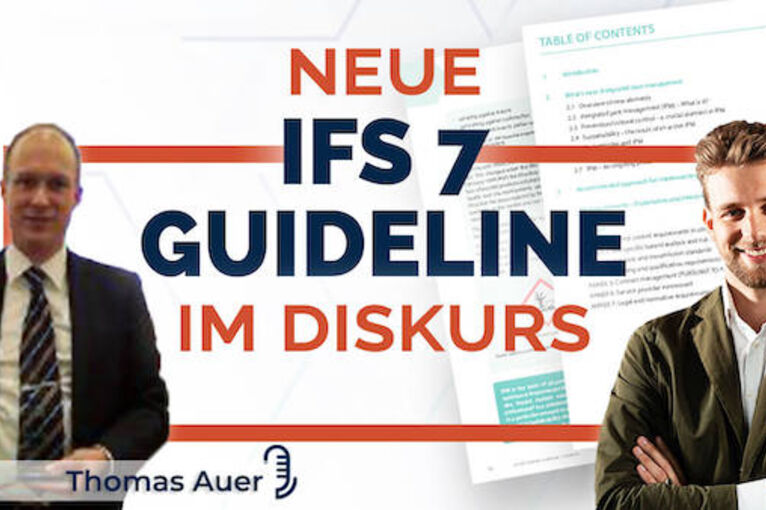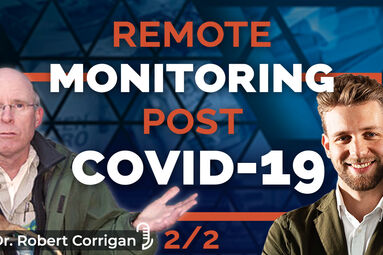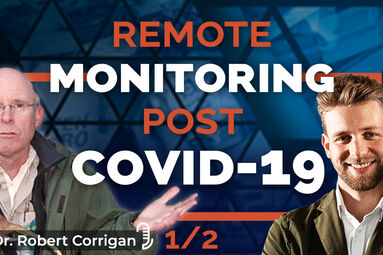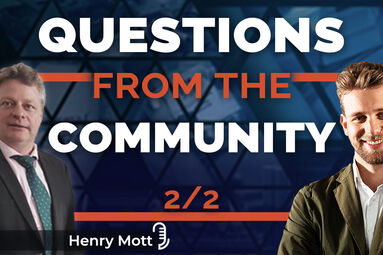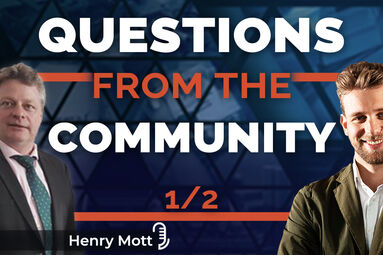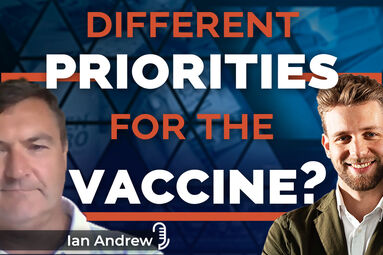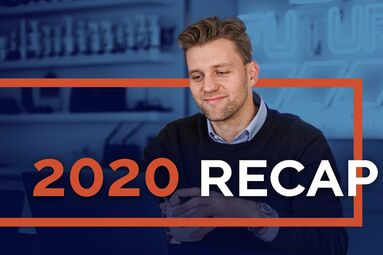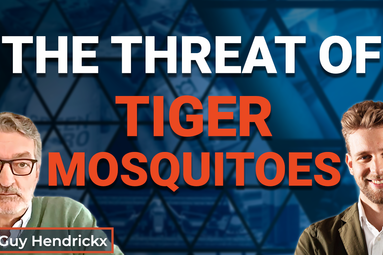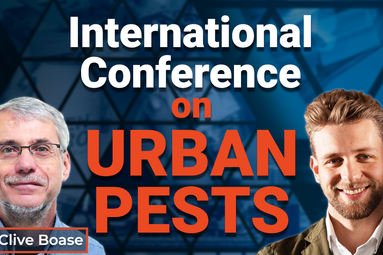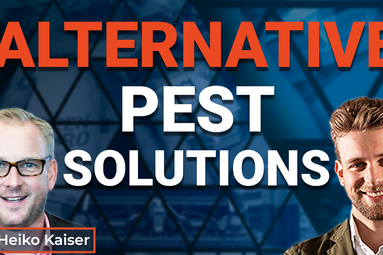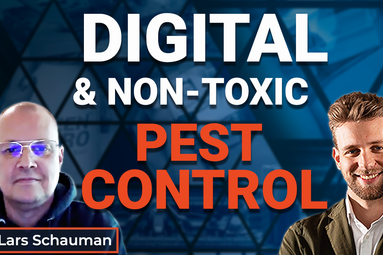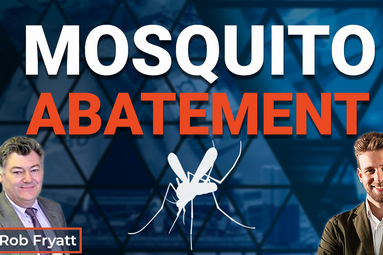Rodents are the number one urban pest so it seems more than appropriate that the first Talking Pest Management guest of 2021 is rodentologist Dr Michael H Parsons.
A visiting research scholar at Fordham University, New York USA, Dr Parsons is now working from his home base in Houston, Texas having to cease regular commuting to his Brooklyn, NY research site following the coronavirus outbreak.
Amusingly Michael’s original primary pest organism was marsupials, in particular the Western Great kangaroo which he studied for 10 years. However, a move to New York necessitated a change of model organism – as there aren’t too many kangaroos in New York! A colleague introduced him to Dr Bobby Corrigan(another TPM guest) whose passion and dedication studying urban rats inspired him – so be too became a rodentologist!
Michael explains how he has now been allied to the pest industry for nearly 20 years and is particularly interested in the testing of novel solutions which really means targeted and strategic management. To asses and so add new tools to the tool kit. His multi-modal research combines several cues – for example sight and scent – animals, in particular rats, are so smart they can habituate to almost any cue. Repellents, attracts and even appeasements are all considered as potential tools.
Asked why studying urban city rats is so important, Michael explains how very disappointingly around 99% of the knowledge we have on wild rats is based on laboratory rats – there is a dearth of data on wild populations. Despite living so close to man they are dangerous and difficult to study.
Rats in the city are ‘owned’ by someone – they occur on either private or City owned property, which for a researcher makes them difficult to access. Pest professionals do have access, so Michael pleads for them to work more closely with academia for mutual benefit in the development of new strategies.
Rodents transmitters of Covid-19?
One project currently underway is to evaluate if rodents can become infected with the SARS-COV2 virus, responsible for Covid-19, and also whether they can mechanically transmit the virus. Michael invites all those interested in participating in the research-a collaboration with the Vancouver Rat Project-to contact him via Twitter @Urban_ecology_, LinkedIn drmichaelparsonsor or email.
So to the future role of rodenticides, Michael unsurprisingly mentions bait shyness, resistance and the problems of secondary poisoning of wildlife all becoming increasingly important issues. An additional factor issue is that of animal welfare. Rats are not only intelligent, they are increasingly being seen to be able to express emotions, or as the scientists say, express emotional contagion. People do not like harming animals and death by rodenticide is slow and painful.
New control methods may become available, but in the shorter term think hygiene and exclusion. Repellents are a possibility, but most interestingly the idea of spring loaded traps which inject contraceptives.
The future?
For the future Michael pleads for academics to work alongside industry, for example on the development of an App which would link theory with practice and so gather data to build-up a bank of information.

